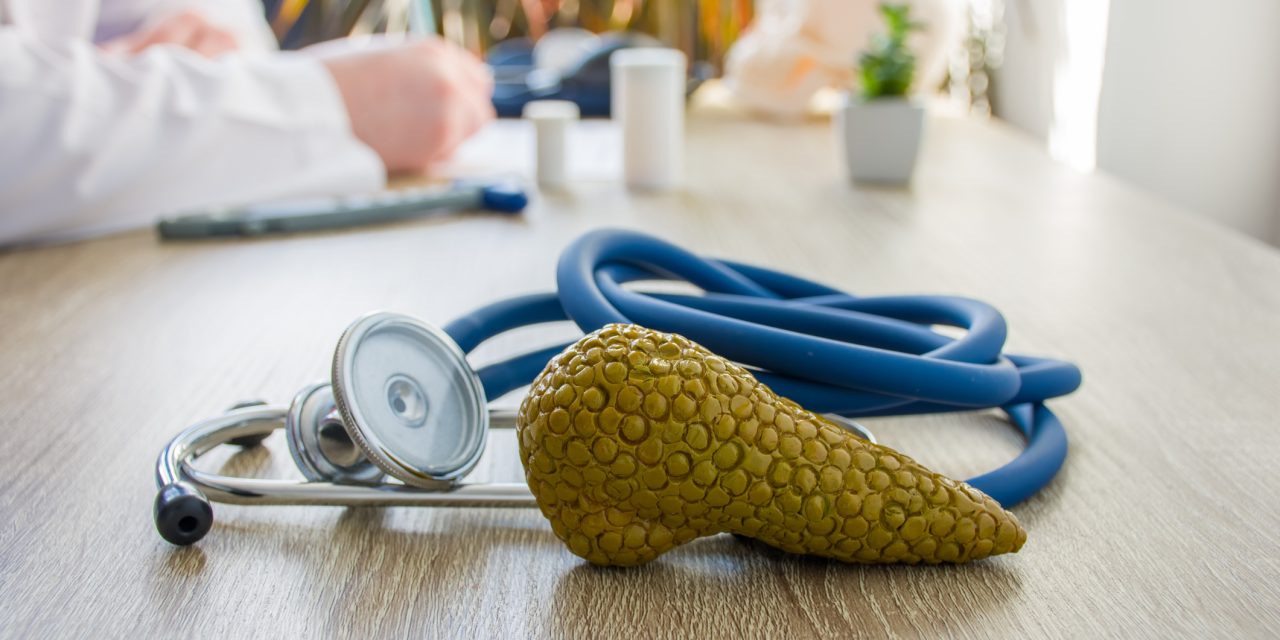Saffron petal has traditionally been used to treat a variety of diseases, such as gynecological disease such as primary dysmenorrhea and premenstrual tension. Polycystic Ovary Syndrome (PCOS) is a form of gynecological disease that causes amenorrhea, infertility, menopausal and urogenital disorders. This disease may be treated with saffron petals.
In this study, the effects of saffron petal extract (SPE) and saffron petal anthocyanins (SPA) on ovarian hormones, steroidogenic enzymes, ovarian dysfunction, regulation of anti-inflammatory genes, and antioxidant factors in female PCOS mice were studied.
The PCOS mouse model was induced by testosterone enanthate (TE), and an in vivo evaluation of whether the dietary consumption of SPE and SPA improved the PCOS-like symptoms was conducted. The luteinizing hormone (LH), testosterone, and estrogen levels increased in PCOS mice, but decreased following SPE and SPA treatment. In the PCOS mice, the reduced follicular-stimulating hormone (FSH) progesterone levels were restored to that of normal controls with SPE and SPA treatment in serum. The transcription level(s) of gonadotropin receptors (Fshr and Lhr), steroid receptors (Pgr, and Esr1), inflammatory markers (TNFα, IL1ß, IL6 and IL18), inflammatory-related factors (NF-κB, NF-κB p65, IκB) and antioxidant enzymes (GPx, SOD, CAT, GST, and GSH) changed under the PCOS condition. Moreover, they were regulated by SPE and SPA treatment in PCOS mice ovaries. The reproductive tissues of TE induced PCOS mice were restored into estrogenic conditions from androgen environments. The study of antioxidant activity of SPE and SPA using FRAP and DPPH tests showed high antioxidant activity.
These results suggest that SPE and SPA ameliorates symptoms of PCOS by improving dysregulation of ovarian steroids, steroidogenic, antioxidant enzymes and inflammatory markers in PCOS mice.
Copyright © 2021. Published by Elsevier B.V.
Crocus sativus (saffron) petals extract and its active ingredient, anthocyanin improves ovarian dysfunction, regulation of inflammatory genes and antioxidant factors in testosterone-induced PCOS mice.


